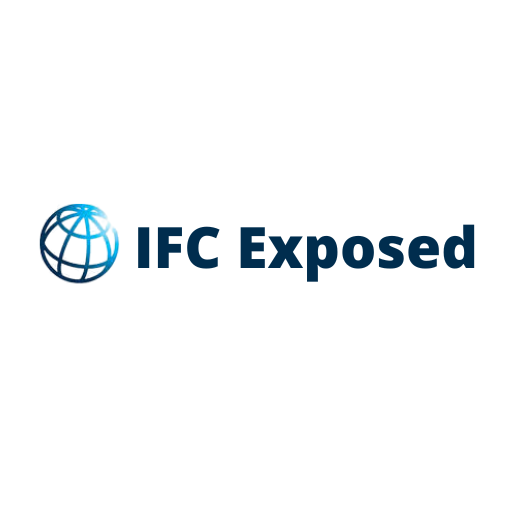In 2025-26, the World Bank Group’s private sector arm, the International Finance Corporation (IFC), is reviewing its Sustainability Framework. This includes the highly influential IFC Performance Standards, intended to manage environmental and social risks of investment projects.
These standards do not only apply to the IFC’s own $40 billion annual budget but also underpin the standards of the 140 private banks signed up to the Equator Principles, bilateral development finance institutions and 32 export credit agencies. The IFC itself claims its standards have influenced over $4.5 trillion in investments in emerging markets in the last decade.
IFC’s investments have left a trail of harms and human rights abuses, which this website catalogues. So this review matters. Not only must IFC’s policies be strengthened, but so must their implementation.
The aims of this website are threefold:
- to bring together the campaigning and advocacy of groups around the world to help build the movement for change;
- to document the record of the IFC in projects that have caused harm to people and nature as it is only by learning the lessons of where things have gone wrong that harms can be avoided and remedy secured;
- to publish all interactions with the IFC and shareholders of the bank, to ensure the process is as transparent and accountable as possible, given its importance to the lives and livelihoods of millions.
The IFC’s long-delayed review of its Sustainability Framework – including the Sustainability Policy, Access to Information Policy, and the globally influential Performance Standards – must result in substantial improvements and updates to meet best international practice. The world has changed significantly since these policies were previously updated in 2012, with numerous multilateral climate agreements (including the Paris Agreement), the Sustainable Development Goals and the recent UN Principles on Critical Energy Transition Minerals, improved international labour standards and the Global Biodiversity Framework all shaping responses to new development challenges.
In December 2024, 58 CSOs from around the world wrote to the IFC asking it to ensure the review meets these challenges. To do this, the IFC must provide robust opportunities for communities affected by IFC financing, accountability and development experts, Indigenous Peoples’ representatives and organisations, civil society organisations, labour unions and other rights-holders and stakeholders to provide feedback on the policies at the numerous, key stages in their development.
In its Recommendations for the Review of the IFC Sustainability Framework, the CSOs call for a principle of ‘no regression’ – meaning that the framework must not be weakened and the review must be driven by a mandate of improvement for strengthened and more effective policies. The CSOs also call for an independent review of the efficacy of the framework to date, for transparent and meaningful consultations, especially with communities who have been affected by IFC-funded projects, and targeted consultations with indigenous peoples.
